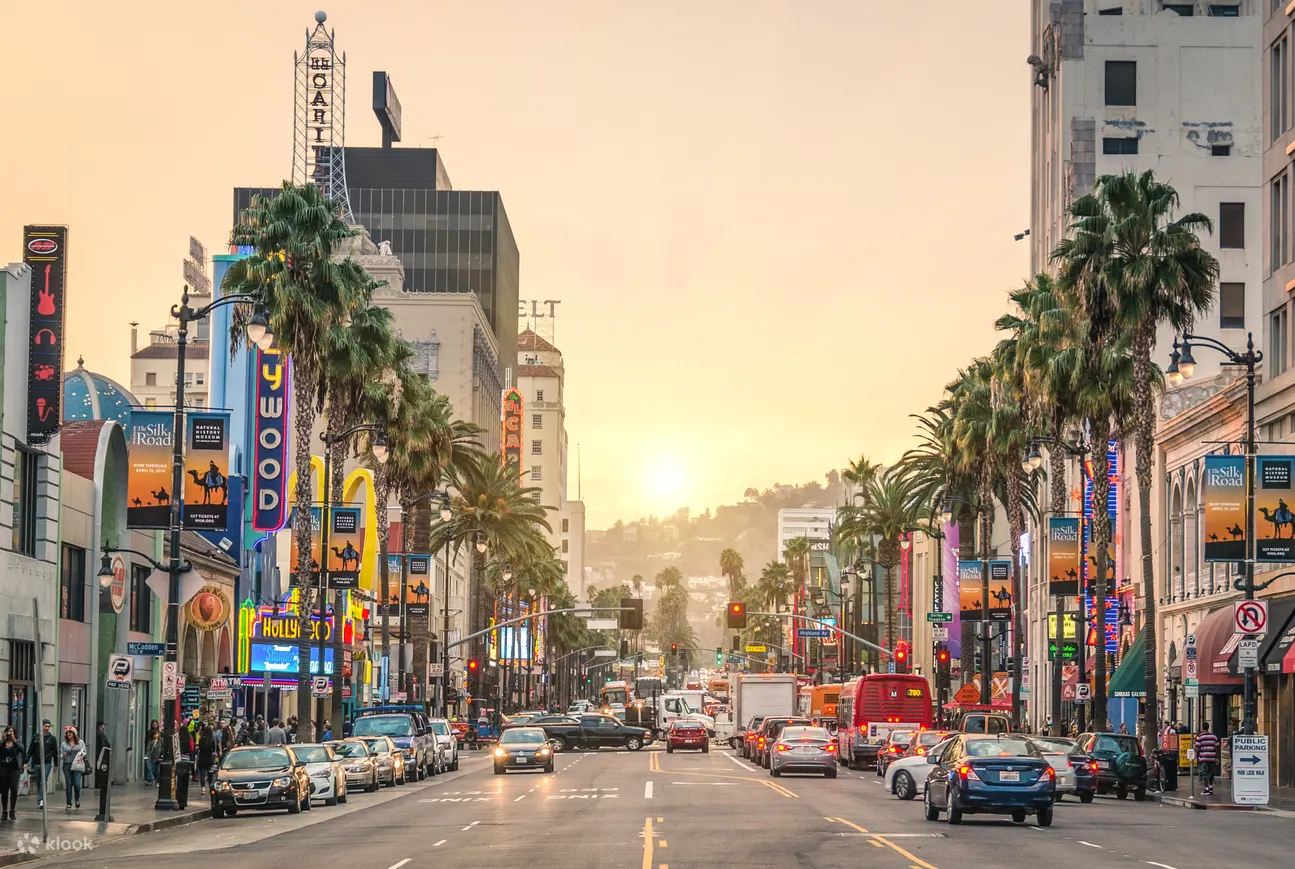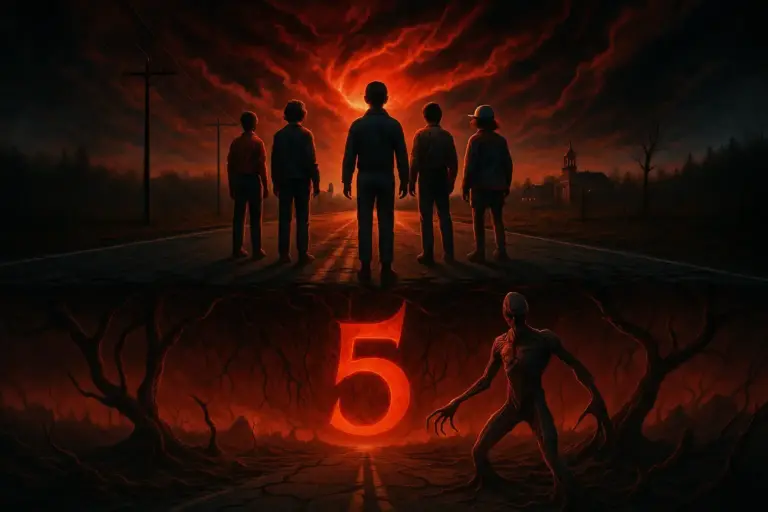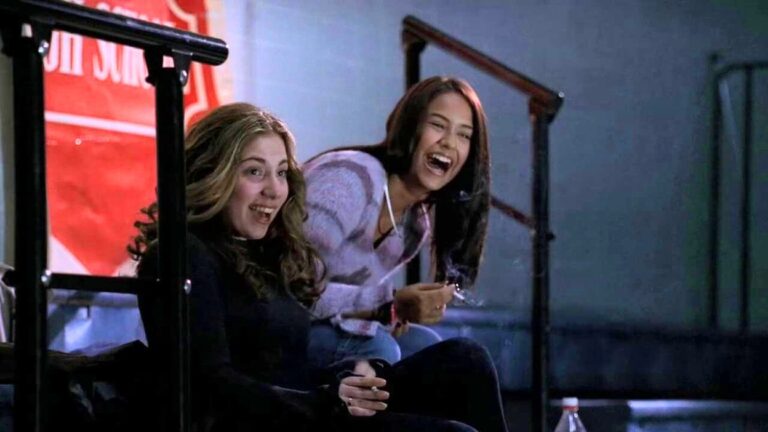Once upon a time, the words “movie star” and “television” rarely mingled at Hollywood parties. TV served as the launchpad for rising talent or the last stop before the nostalgia train pulled out of the station. Not anymore. Now, a-listers from every corner of Tinseltown seem to tumble out of film sets and into big-budget streaming dramas with the kind of gusto you usually see at open bar weddings. Sure, it’s about the paycheck, but let’s be honest: it’s also about the storytelling.
Why Is TV the New Hollywood?
So, what changed? For starters, modern TV isn’t the three-channel situation that our grandparents endured. The streaming boom has blasted open the doors for riskier scripts, juicier characters, and storylines that stretch and twist for entire weekends. TV isn’t just “richer and more substantive,” as Variety and The New York Times keep repeating — it’s become a creative playground where actors don’t just perform, they thrive.
There’s no shortage of examples on this point. Think about legends like Harrison Ford and Helen Mirren leading “1923.” Or Nicole Kidman and Meryl Streep heating up “Big Little Lies.” These aren’t just random detours; these are deliberate, headline-grabbing moves.
Riding the Streaming Wave
Why risk a TV role when you already own a shelf full of Oscars? Two words: creative freedom. You won’t find the chains of studio interference or test audience answers here. Streaming platforms like Netflix, Apple TV+, Hulu, and HBO Max pretty much tell top-tier actors, “Go wild.” And they do.
There’s:
- Long-form storytelling: Actors dive deep, developing complex characters over ten hours or more. Matthew McConaughey’s transformation in “True Detective” still gets talked about a decade later.
- Artistic risks: Platforms dare to be weird, bold, and niche. Last year, Amazon convinced Julia Roberts to headline “Homecoming,” a taut psychological thriller she’d never have green-lit as a two-hour film. Risk paid off. Critics and fans raved.
- No more genre snobbery: Even A-listers like Anne Hathaway (“Modern Love”) and Jeff Bridges (“The Old Man”) are taking bows on streaming schedules packed with every genre you can think of.
Streaming grabbed Hollywood’s attention and never let go. The film-versus-TV debate? It’s old news.
Big Names, Even Bigger Stories
Let’s talk specifics. Recent years have gifted us movie stars who seemed allergic to TV until suddenly, they popped up in our living rooms bigger and bolder than ever.
Matthew McConaughey, after his rom-com reign and Oscar for “Dallas Buyers Club,” surprised everyone by taking on Rust Cohle in “True Detective.” But that wasn’t a fluke. It started a trend. McConaughey’s deep, strange, and sometimes philosophical monologues pulled record ratings and set a new bar for dramatic TV.
Meanwhile, Reese Witherspoon has quietly become a producing powerhouse on the small screen. She ushered in “Big Little Lies” and “The Morning Show,” not only starring in both but guiding their creative direction. Audiences loved it. Critics handed out awards like candy. Witherspoon’s move signaled that TV roles could be just as fulfilling — and influential — as any movie.
Then you get true icons like Julia Roberts launching her first major TV project with “Homecoming” on Amazon Prime Video, according to usmagazine.com. Not to be outdone, Dame Helen Mirren headlined “Catherine the Great,” bringing Emmy-winning class to HBO.
And don’t forget the heavyweight names still jumping in. Robert De Niro, star of everything from “Goodfellas” to “The Irishman,” signed on for Netflix’s “Zero Day,” playing a former president roped back into the political drama after a massive cyberattack. As highlights, this marks De Niro’s first lead television role, and that’s a pretty big milestone.
What’s Behind the Hollywood Migration?
Of course, none of this is happening in a vacuum. Modern TV feels tailor-made for A-listers itching for a challenge. Here’s why:
- Extended Character Arcs: Movies pack drama into two hours. Great TV lets actors reinvent themselves over entire seasons — sometimes across years.
- Bigger Creative Roles: Many stars, like Witherspoon and Kidman, get producing credits and wield major influence on storylines. This isn’t a rubber stamp; it’s real creative power.
- Better Scripts, Always: The old joke used to be, “Great story, must be a movie.” Now, the best scripts often cross a showrunner’s desk first. Enormous budgets help, but writers flock to TV because they can tell stories that matter.
- No stigma: Audiences don’t judge anymore. If anything, viewers see their favorite actors on TV and tune in out of pure excitement.
The New York Times and Variety both note this: in 2025, many of TV’s buzziest shows feature A-list movie talent, and it’s no longer a novelty. Stars look for deep, substantive parts, and TV delivers — loudly.
The Power Moves Still Coming in 2025
It’s not slowing down, either. Looking ahead, more big names are set to land on TV. Here’s what’s fresh and incoming:
- Robert De Niro’s “Zero Day” on Netflix promises high-stakes, political drama, and a legendary actor in totally new territory.
- Noah Wyle (yes, “ER” Noah Wyle) leans into HBO Max’s “The Pitt,” playing Dr. Michael Robinavitch in a series diving headfirst into messy, modern medicine. It’s a return to old stomping grounds with a 2025 twist.
- Sterling K. Brown—who basically owned “This Is Us”—takes the lead in Hulu’s “Paradise,” a sharp, fast-paced political thriller. The critical love? Through the roof.
- Don’t rule out more surprise debuts — streamers keep deals top-secret until weeks, sometimes days before a premiere.
And the projects just keep rolling out.
Why Audiences Care (and Why They Should)
Let’s be real. We all like seeing familiar faces — especially when those faces have already wowed us in Oscar and Emmy speeches. But the deeper thrill lies in what these actors actually do with their newfound creative playground.
- Creative freedom: No more “fit the part, say the line, move on.” On TV, actors rewrite character arcs, guide plot twists, and turn even minor moments into internet-breaking watercooler buzz.
- Epic storytelling: You binge. They perform. Everyone wins.
- The universal ‘whoa’ factor: Some stars, like Meryl Streep in “Big Little Lies,” elevate a series so much, they redefine what TV can be.
So, casual viewers get more of what they want — a familiar face with fresh, unpredictable drama. Hardcore fans? They watch the industry reinvent itself, one power move at a time.
Lights Down, Streaming Up: This Is Just the Beginning
Will this trend slow down soon? Not a chance. Actors want more than blockbuster paydays and fake tears at awards shows. They want parts that burn slow, dig deep, and stretch across seasons. They want to produce. They want to choose scripts that ask real questions. Streaming suits them — and, really, it suits all of us.
The golden age of TV? It isn’t ending. It’s expanding, rewiring, and thriving on pure star power. The only question left is — who’s next to make the leap, and what wild, binge-worthy story will they tell?
Grab your remote. You might spot your favorite movie star popping up where you least expect it — right in your own living room, with plenty more surprises to come.





